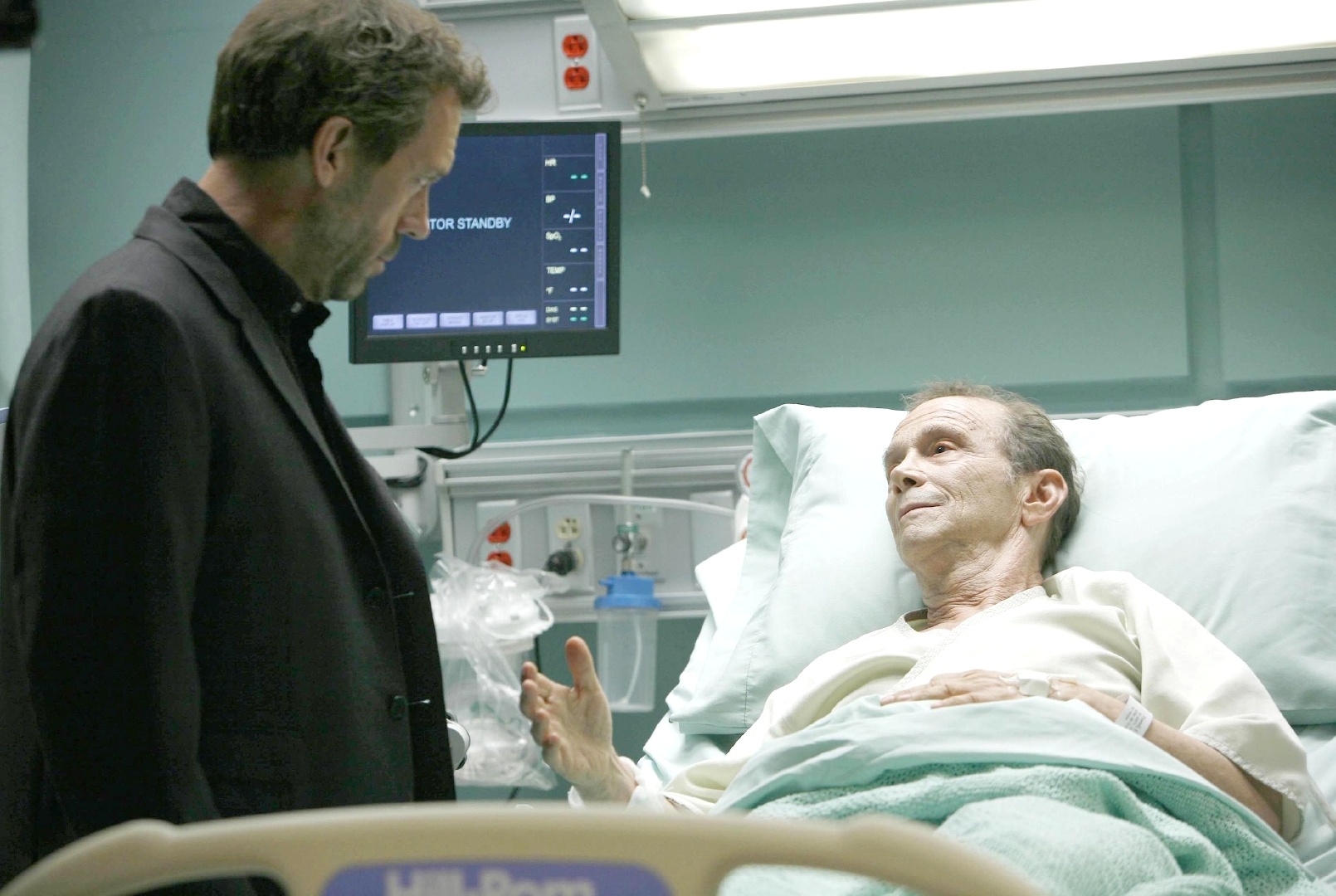The Decision I Wrestle With Every Day: Informed Consent
- by
- Nov 06, 2018
- Reviewed by: Amy Rontal, MD

Pre-op bay 4. I arrive, needles and IV kit strategically hidden in my back pocket, and introduce myself as one of his anesthesia doctors for the day. He’s young, 20-something, and healthy, but clearly nervous. Diagnosis: Left-hand boxer’s fracture. As my orthopedic friends have told me, a boxer’s fracture in a 20-something male invariably involves a wall and dating gone wrong, but this patient “tripped and hit it on a fence post.”
I explain the routine stuff: cold EKG stickers, tight blood pressure cuff, a hard, narrow, and uncomfortable bed in a chilly OR. He declines the regional block, as numbness rubs him the wrong way, so now it’s time to disclose the risks of his general anesthetic.
The extent of risk disclosure is a decision I wrestle with every day. The patient couldn’t be healthier, and the chances of something untoward happening due to anesthesia are infinitesimal. Of course, we will help him fend off nausea and explain that while we can put a man on the moon, we can’t prevent him from getting a sore throat. But what about the more serious risks? Do I mention the .02.002% chance of life-threatening malignant hyperthermia? The exquisitely rare possibility of losing his airway and needing to cut a hole into the front of his neck? In this ultra-routine case, it seems like mention of these risks will cause more harm than benefit, and we leave it at “this form gives us permission to do what we need to in order to keep you safe.”
Later in the day, a more difficult case finds its way onto my list. An elderly gentleman with a previous heart attack, low ejection fraction, clogged coronaries, poor functional status, and COPD, presenting for a major abdominal surgery. Roughly a dozen brothers, sisters, cousins, nieces and nephews fill up the entirety of the pre-op area, his wife along the head of the bed holding his hand. He tells me it’s okay to discuss his medical history and anesthesia in front of everyone. His procedure and necessary anesthetic confer significant risk. I run it through the calculators and find out he has a 5+% chance of what we call a major adverse cardiac event.
“What does that mean, doc?”
Even when prompted, it is difficult to be totally frank. “There’s a non-insignificant chance that you will have a heart attack even if we do everything perfectly. We will do everything we can to keep you safe and comfortable, but like anything we do in medicine, it comes with a certain level of risk.”
It’s objective data, but is still difficult to spurt out. I find myself using nebulous jargon like “non-insignificant.” Where does the struggle lie? It’s not my fault that the patient has a sick heart and needs his colon out. I’ll of course take necessary precautions to keep him safe and remain as vigilant as I would for any case. Perhaps it is because anesthesia is, to some degree, considered safe by the lay public. “You just put me to sleep and come back when it’s time to wake up, right?” Like turning a light switch on and off. Sadly, there are more complexities to the human body, especially in the setting of a patient’s cardiopulmonary disease.
Surgical risk is far easier for a patient to wrap his head around. You are cutting me open, of course I might bleed or get an infection. Of course I’ll have pain and feel crummy, or I might even need a future surgery to repair things further. But when a patient asks, on behalf of their 87-year-old sharp-as-a-tack mother, if there’s a chance that she’ll never be the same again after anesthesia, what’s the correct response?
“She should be fine. We don’t really know the answer to that yet. We are aggressively investigating what causes mental decline after anesthesia, but we won’t have the answer or solution today.”
Everyday, we draw an arbitrary line about what risks we should disclose. What do we, as anesthesiologists and residents, feel like the patient (or any reasonable person) should know about their anesthetic? It seems foolish to tell a patient who is having an open sternotomy that we are placing a catheter into their artery, and it might bleed a little bit as we insert it.
This leads to the next informed consent staple: discussion of alternatives. While some procedures can be done with different methods of anesthesia, the alternative of having the surgery without anesthesia almost never exists. To some degree, the provision of anesthesia is implicit in consenting to a particular surgery. That is, no one is going to let themselves be opened without a method to dull the pain and prevent consciousness and recall.
It’s remains difficult to tease out what we are telling patients for their own benefit, and what we are telling them to keep ourselves in the good graces of the medicolegal system. What seems to make the most sense is explicitly asking the patient how much they want to know outside of the routine nausea/vomiting/pain/sore throat/dental trauma risks. By deferring to them and asking if they want to know the less common, much more serious risks, we ensure that we do not overstep into information that they would be better off not being exposed to.
What would you, as a patient want to hear on your day of surgery?
This article was originally published on Doximity.









